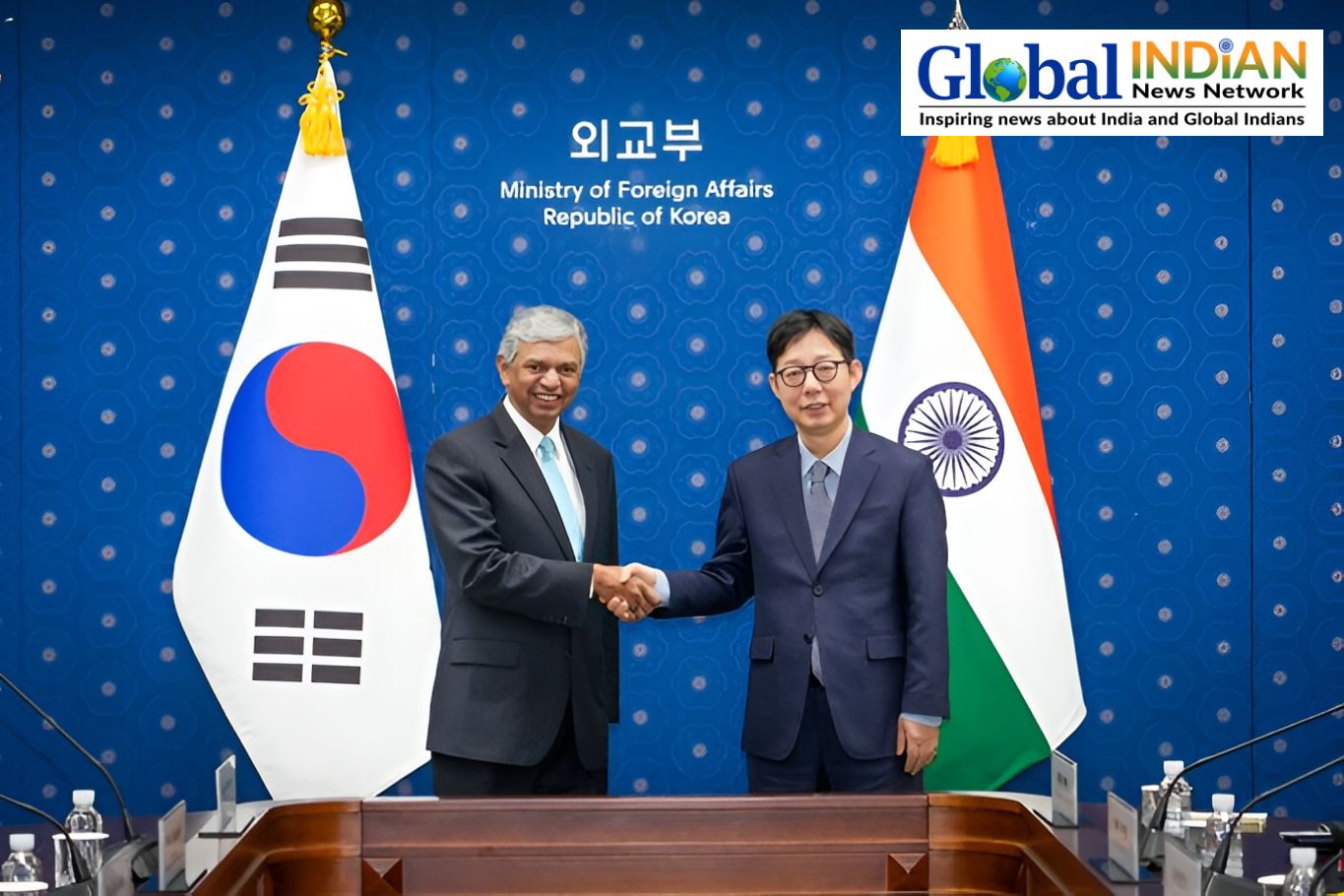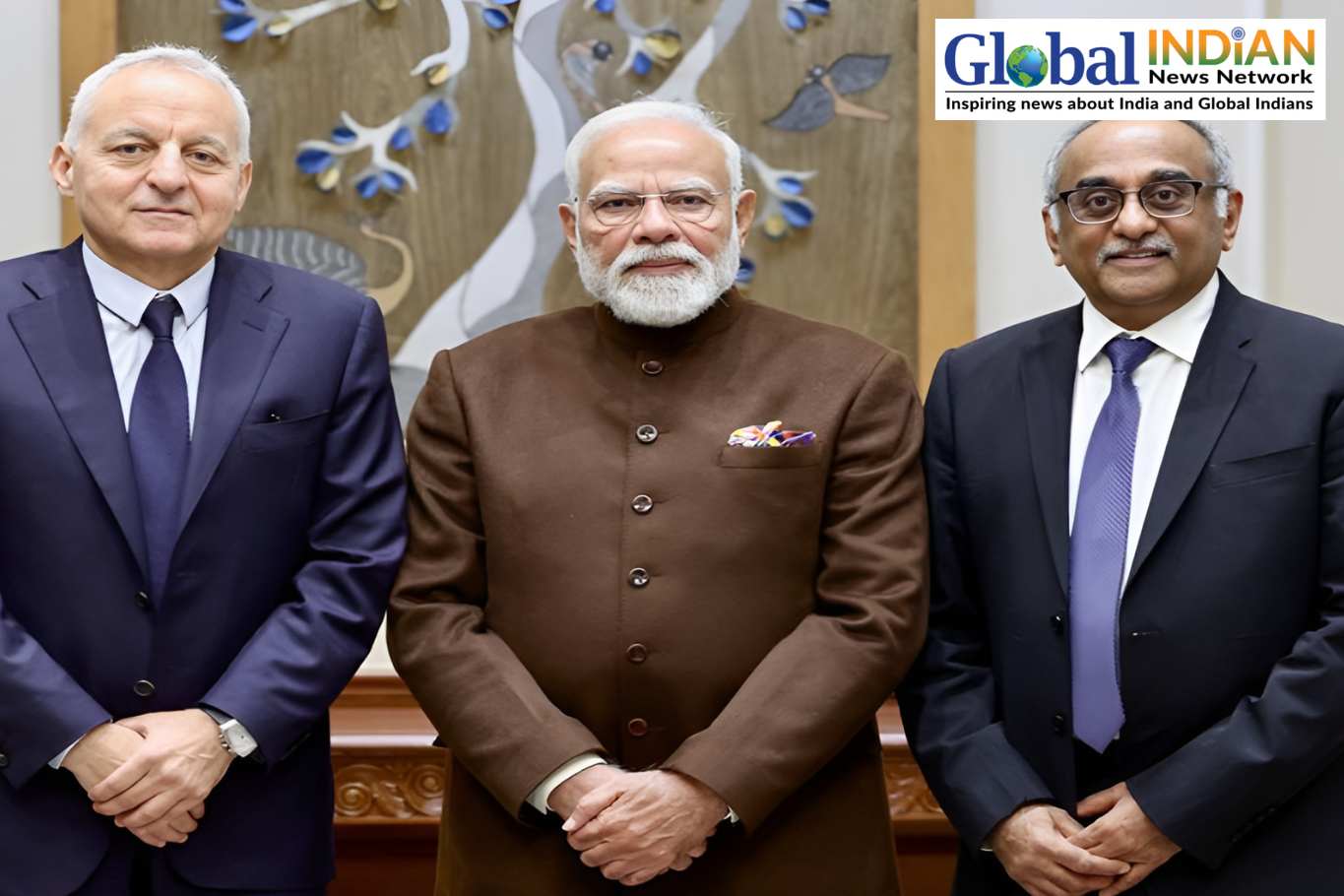
India has ascended to the 63rd spot in the World Economic Forum’s latest global Energy Transition Index, demonstrating notable advancements in energy equity, security, and sustainability. This index, which was unveiled on Wednesday, saw European countries dominating the top positions, with Sweden leading the pack, followed by Denmark, Finland, Switzerland, and France. Notably, China secured the 20th position.
India’s progress is particularly significant given that the majority of countries, 83% to be precise, have regressed in at least one of the three critical dimensions of energy system performance—security, equity, and sustainability—compared to the previous year. Alongside India, other developing nations like China and Brazil have also shown considerable improvement.
Highlighting India’s various initiatives, the World Economic Forum emphasized the country’s leadership in creating scalable outcomes that could serve as models for other nations. The report recommended that governments focus on raising awareness and implementing policy measures, such as promoting energy-efficient infrastructure and providing incentives for retrofitting, to foster a conducive environment for rapid adoption of sustainable practices. The WEF suggested that developing nations have a unique opportunity to set new precedents in energy transformation, showcasing innovations that can be adapted globally.
Focusing on China and India, the WEF underscored the pivotal role these two countries play, given they together represent about one-third of the global population. Both nations have made significant strides in expanding renewable energy, enhancing energy access, and bolstering energy security. However, a key challenge remains in reducing their reliance on coal, which heavily influences their emission profiles. Additionally, these countries are poised to become leaders in green technology manufacturing.
On a global scale, the report indicated that the transition to a more equitable, secure, and sustainable energy system continues but has slowed amidst increasing uncertainties worldwide. Over the past decade, 107 out of 120 countries monitored showed progress in their energy transition efforts, though the overall pace has decelerated, highlighting the ongoing challenge of balancing various facets of the transition.
The WEF commended India for its progress in developing clean energy infrastructure. Renewable energy sources and biomass now account for 42% of India’s power generation capacity, positioning it as the fourth-largest renewable energy market globally. With nearly $10 billion invested annually, India is progressing in electric vehicle adoption and green hydrogen production. Despite these achievements, India’s substantial dependence on coal remains a significant factor affecting its emission levels.
The report noted an 8% improvement in the Energy Transition Index scores for emerging and developing regions in Asia, including major countries like India and China, over the past decade. This progress is largely attributed to reduced energy intensity. The WEF highlighted India’s efforts to leverage energy for economic growth, particularly through supporting microenterprises with renewable energy. Ensuring affordability and economic viability of these solutions underscores India’s commitment to sustainable energy practices that foster local community benefits and economic development. India’s per capita emissions are significantly lower than the global average, standing at 1.7 tonnes of CO2 compared to the global average of 4.4 tonnes per capita.
However, there is still a need to separate economic growth from energy demand. This will require substantial investments in energy efficiency, especially in the development of new infrastructure and manufacturing capabilities. The WEF recognized India’s proactive measures in addressing these challenges, highlighting the country’s multifaceted initiatives aimed at sustainable development.









